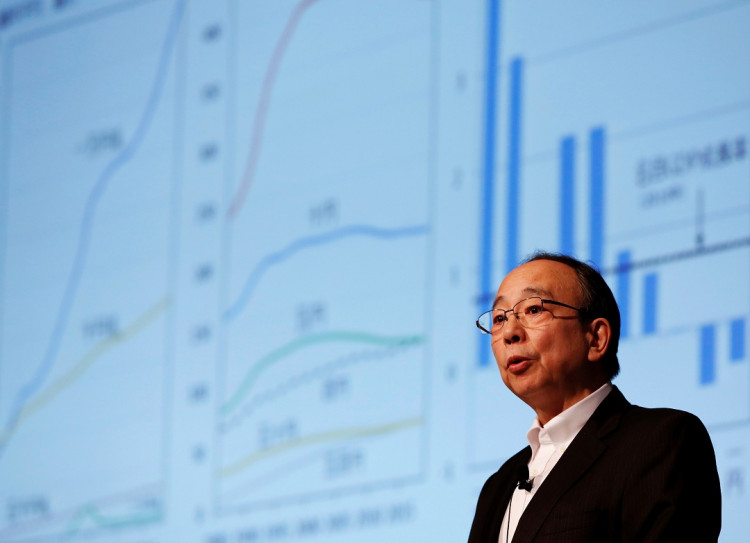Major economic signals, such as a drop in real wages and weak core machinery orders, have done little to avert the Japanse government's plan to raise consumption taxes in October. Prime Minister Shinzo Abe already avoided raising taxes twice before, but it seems like he will not be backing down this time even if the move could negatively affect his election campaign.
The Bank of Japan released its April-June business sentiment survey on Monday, revealing a significant drop in the confidence level of manufacturers.
The quarterly index showed the lowest figures not seen in over three years as the sector continued to be hit by the slowdown of China's economy and the ongoing geopolitical disputes.
The ongoing trade tensions have also taken its toll on corporate investment, with Japanese core machinery orders seeing a continued decline. While Japan's economy does rely heavily on domestic consumption, its export revenues have recently been hit hard by external pressures stemming from global disputes.
Japan's real wages, adjusted for inflation, has also fallen for the fifth straight month in May. The drop has raised some valid concerns in the country, specifically regarding the continued slowdown of consumer spending.
This presents a problem for Japan's government, which is set to impose its planned sales tax hike this coming October.
Real wages in the country had dropped by 1.0 percent year-on-year in May. This was preceded by a 1.4 percent year-on-year drop a month prior. Data from Japan's labor ministry also showed a drop in annual nominal cash earnings of about 0.2 percent for May, preceded by a 0.3 percent drop in April.
Overall annual regular pay, which is essentially the bulk of monthly wages, had dropped by 0.6 percent. The report from the country's labor ministry published this week extends the falling streak, which is the longest streak ever experienced since 2013.
The drop in real wages and conversely the continued slowdown of consumer spending is expected to have a deeper impact on the country's economic growth, which has been further destabilized by the ongoing trade dispute between China and the United States.
The dispute has also adversely affected by the country's exports, which further fueled its slowing economic growth. Bank of Japan Governor Haruhiko Kuroda previously stated that secure sustainable inflation in the country can only be achieved with sustained wage growth.
Domestic consumption currently accounts for around 60 percent of Japan's economy. With the drop in overall wages, the situation is expected to become worse if the falling streak continues. Despite having a jobless rate that is below 3 percent, Japan's wage growth has continued to stagnate and depreciate.
According to economists, the country's planned sales tax hike will likely results in the further weakening of consumer spending. However, some remain positive by stating that the outlook for consumption in the country is still unclear and that the effects of the sales tax hikes have yet to be determined.






